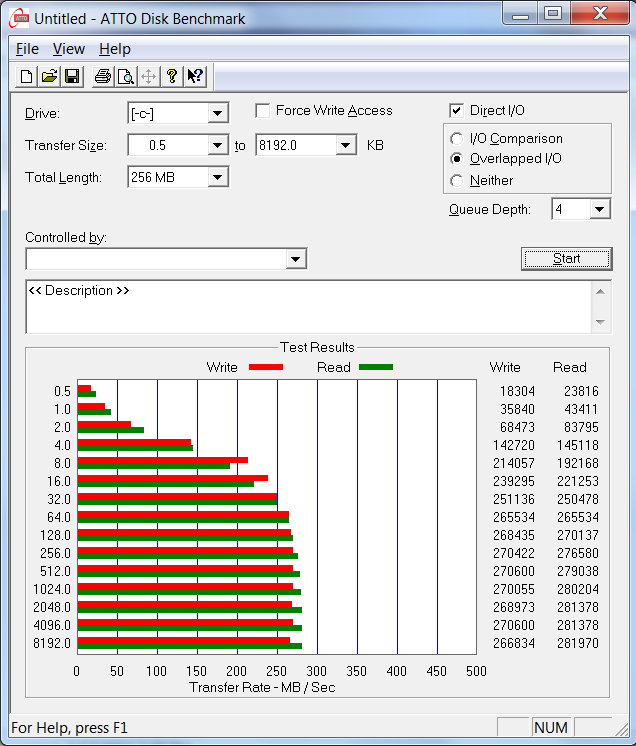Originally Posted By: uc50ic4more
SSD's are still a nascent technology and those purchasing them are "early adopters"; and "best bang for the buck" is absolutely the last thing you're going to get.
They're faster, usually, yes; but only, for obvious reasons, on disk-intensive actions. Processing RAW images in Photoshop, for example, may consign your CPU to the role of "bottleneck" and render (no pun intended) your super-fancy SSD operating well below potential (read: wasting your $).
I ran a recording studio for several years recording 24 channels of 24 bit, 96KHz audio; often bi-directionally with a tonne of I/O going both ways. A (quality) 7200rpm HDD is just fine.
We will have to agree to disagree. Yes, to realize the maximum potential of the latest Sata 3 SSDs, the rest of your system has to be up to snuff, but the bottom line is, an SSD drive in any configuration will be a night and day difference compared to a conventional platter drive. I have personally installed or guided friends through installs of over 50 SSD drives and EVERY single owner told me they were blown away by the improvement that the SSD provided over their old regular HDD. These systems range from old dual core to quad cores and all the way through the multiple iterations of I3, I5 & I7 CPUs running anywhere from 1gb of RAM up to 32gb of RAM. So yes, IMO, they are by far the best bang for the buck in the PC component world right now. They are the only PC component upgrade that, without fail, makes people say "WOW" or other words I can't type here.
Ironically enough, you know what customers talk about the most? How happy they are with the boot times. They don't have to go make a snack while waiting for the system to boot up. They like the snappiness of everything, but they seem to comment more about the boot times. I guess they are the most noticeable improvement.
Before the SSDs came down to the price levels they are now (roughly 50 cents per gig), most people couldn't justify the price, but now it's a no brainer. It was easy with desktops, because you could buy a small SSD for your OS and programs, and keep your platter drive for your data. You could even do that with a laptop if you were willing to sacrifice your optical drive bay, but most people didn't want to mess with it. It still makes more sense to have a dual setup, but most people now use laptops and want everything on one drive.
SSds are also a great stop gap as the OP has noticed. They will let you breathe new life into an old less than ideal spec system and enjoy the benefits now, but when he decides to upgrade, he can just put it in the new rig and see the full potential of the drive when it isn't bottle necked by it's connection.
Anyways, a recording studio huh? That sounds like a very cool job. I'm sure it wasn't all fun and games though. A lot of those musicians can be Prima donnas!

